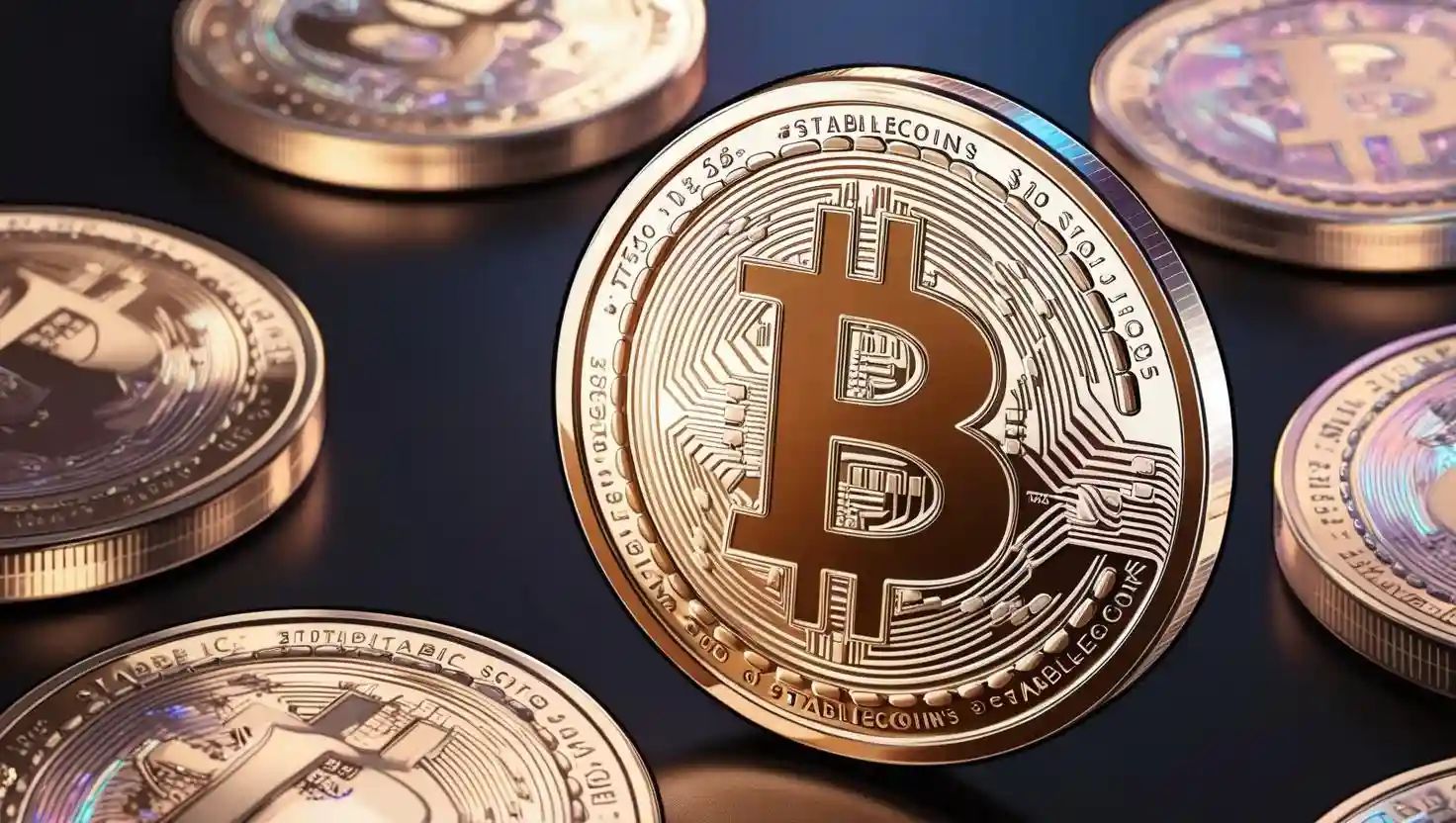
Ross Ulbricht, the convicted founder of the Silk Road darknet marketplace, received a $31.4 million donation in Bitcoin on Saturday, just months after being granted a full pardon by former President Donald Trump.
According to blockchain analytics firm Lookonchain, a wallet associated with Ulbricht received 300 Bitcoin (BTC) on June 1, valued at roughly $104,667 per coin. The transaction, totaling $31.4 million, is among the largest single donations to Ulbricht’s wallet in recent years and quickly gained traction on social media after being flagged by Lookonchain in a post on X.
Ulbricht, 41, launched Silk Road in 2011 as a dark web marketplace accessible through the Tor network. The site became infamous for enabling the anonymous sale of illegal drugs using Bitcoin. Federal investigators said the platform facilitated more than 9.5 million BTC in transactions before Ulbricht’s 2013 arrest in San Francisco.
He was convicted in 2015 on multiple charges, including narcotics distribution, money laundering and engaging in a continuing criminal enterprise. He was sentenced to two life terms plus 40 years without the possibility of parole.
Trump granted Ulbricht a full and unconditional pardon on Jan. 22, 2025, fulfilling a campaign promise made during the Libertarian National Convention in May 2024. In a statement on Truth Social, Trump said he informed Ulbricht’s mother of the decision, calling it an honor “in support of the Libertarian Movement.”
The source of the 300 BTC donation remains unknown. Because blockchain transactions are pseudonymous, the sender’s identity is not public. Some users on X speculated that the funds could have originated from one of Ulbricht’s older wallets, suggesting a possible self-donation to obscure the origins of illicit funds—a technique associated with crypto laundering known as “mixing.” Others viewed the donation as a show of support from the cryptocurrency community, where Ulbricht maintains a significant, if controversial, following.
Ulbricht’s release and sudden return to public life have reignited debate over his legacy. Supporters view him as a martyr for internet freedom and privacy, while critics emphasize the harm Silk Road facilitated, including drug trafficking and alleged murder-for-hire plots. Prosecutors in 2015 accused Ulbricht of soliciting six murders, though no evidence confirmed that any killings took place.
Ulbricht has concluded his appearance at the Bitcoin Conference in Las Vegas, marking a formal return to public life and reaffirming his emerging influence within the cryptocurrency sector.
The donation also adds to scrutiny of Trump’s clemency record. An NPR report on May 31 noted that Trump has pardoned more than 20 individuals convicted of major drug offenses, including Ulbricht and former gang leader Larry Hoover, despite publicly advocating for tougher penalties for drug dealers.
Ulbricht has not commented publicly on the donation. The transaction underscores the continuing tension in the cryptocurrency world between innovation and its use in illicit activities—and leaves open questions about Ulbricht’s future role in a space that once made him infamous.
















 Join our Telegram Channel
Join our Telegram Channel